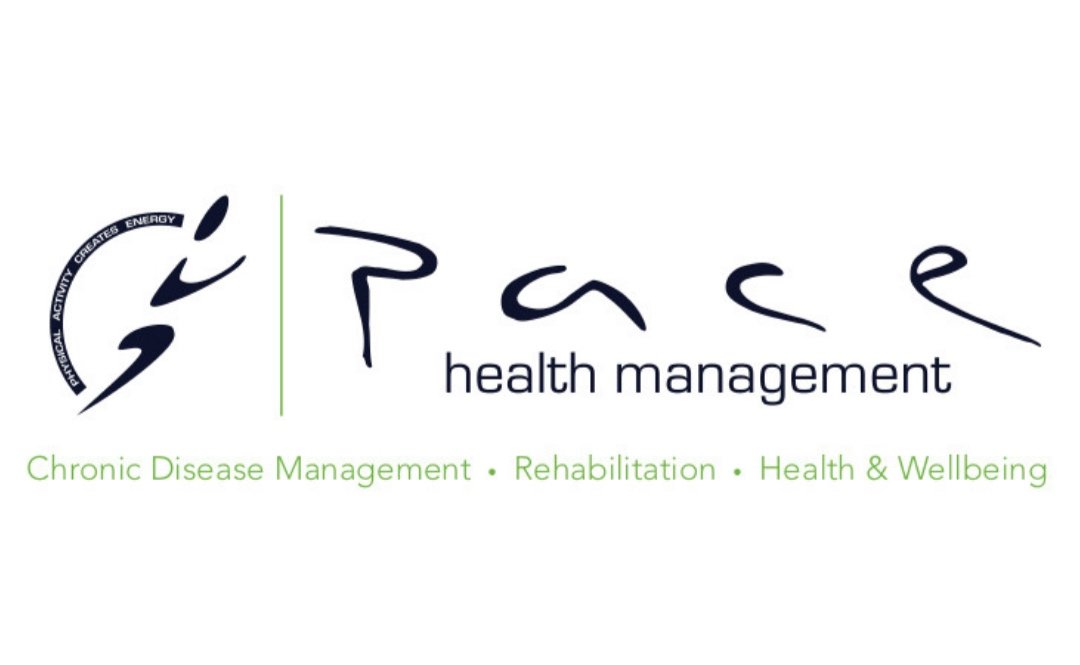Falls Prevention
As we age, falls become an increasing worry for many people and can often be dismissed as a part of getting older. The good news however, is that most falls can be prevented. Below, we will discuss why people become more prone to falls and what you can do to prevent them.
There are many factors which may put someone at higher risk of having a fall. These include:
- Reduced balance
- Decreased strength
- Vision impairments
- Loss of or reduced sensation in your feet
- Fear of having a fall
How does exercise help?
Exercise can improve a number of the above factors, including feeling more confident in yourself in performing activities of daily living safely. It can aid in improving your mobility and balance during various activities and improve your muscular strength. Previous research has shown that performing balance and strength training for two hours a week ongoing will reduce your risk of falls.
What exercise should I do?
Balance training:
This should include exercises that moderately challenge your balance in a safe way. This means completing balance exercises next to a wall or bench that can be used to stabilise you if required. Balance challenging exercises include movements or postures that are performed on one leg or with your feet close together. Walking in a straight line with heel to toe is an example of this, whilst performing activities on unstable surfaces such as foam should also be included as your balance begins to improve.
These exercises will not only improve your stability, but allow you to become more aware of how your body responds to being put off balance. This can improve your reaction time when you lose balance and how you correct your movement to prevent yourself from falling in this situation.
Resistance training:
Resistance training can improve your strength and endurance which will enable activities of daily living to become easier. For example, increasing your lower limb strength may improve your walking ability and therefore losing balance as a result of fatigued muscles may decrease. As you become stronger, your confidence in yourself and your body will improve. As we know a fear of falls may increase your risk, an increased confidence will improve your mobility and prevent future falls.
How can an exercise physiologist help?
An exercise physiologist will assess your current mobility and risk of falls to develop a structured exercise program. This exercise program will be individualised to you and may be performed in a one-on-one or group session with an exercise physiologist or at home. To book in with a PACE exercise physiologist, give us a call today.
References:
1. Oliver, D., et al. (2004). "Risk factors and risk assessment tools for falls in hospital in-patients: a systematic review." 33(2): 122-130.
2. Sherrington, C., et al. (2011). "Exercise to prevent falls in older adults: an updated meta-analysis and best practice recommendations." 22(4): 78-83.
